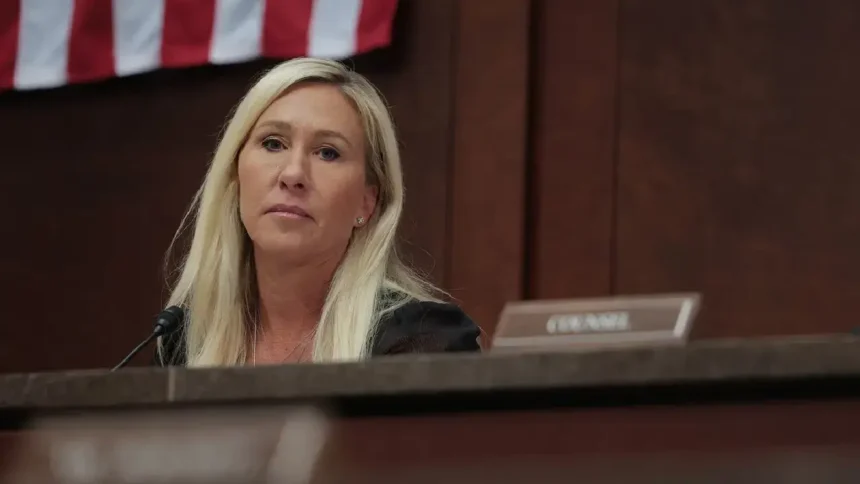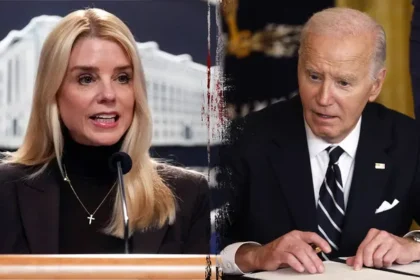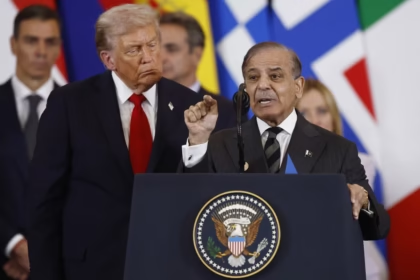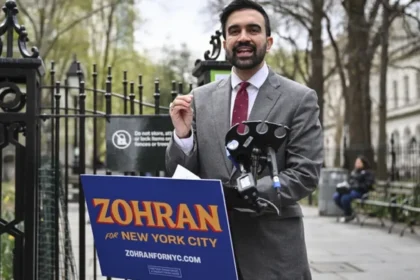Georgia congresswoman offers mea culpa as her relationship with Trump fractures
In a televised interview, Representative Marjorie Taylor Greene expressed regret for her past inflammatory rhetoric, calling her role in “toxic politics” deeply harmful to the nation. The apology comes amid a high-profile falling-out with former President Donald Trump.
During a wide-ranging Sunday interview with CNN’s Dana Bash, Greene acknowledged past mistakes, saying she was “humbly sorry” for contributing to the harsh, divisive tone that has characterized her political career. She said she has spent a lot of time recently reflecting on how her words and actions have fueled discord and anger — and that she now wants to help heal the political divide.
Greene pointed to the assassination of political commentator Charlie Kirk as a turning point, saying it underscored how destructive rhetoric can become. “I am only responsible for myself and my own words and actions,” she said, adding that she is committed to “putting down the knives” in politics and urging more civility and respect across party lines.
Fractured Alliance with Trump
Her apology comes in the context of a growing rift with Donald Trump. Trump recently withdrew his endorsement of Greene and called her a “traitor,” sparking a public backlash from the congresswoman. Greene responded by accusing his attacks of radicalizing others against her — and of putting her life in danger. She said the tension stems from her insistence on transparency around the so-called “Epstein files,” and her push for their release.
Greene defended her demand for those documents, asserting she stands with survivors and wants accountability. “I believe the country deserves transparency in these files,” she said, reaffirming her long-standing position.
During the interview, she also criticized Trump’s recent policy stances — particularly on immigration and foreign travel — arguing they no longer align with what she views as the “America First” agenda. She went as far as suggesting she’d like to see the president’s plane, Air Force One, remain grounded more often.
Reflections on Her Political Brand
Greene admitted that her past confrontational style played a role in widening political divides. “It’s been something I’ve thought about a lot,” she told Bash. “I really just want to see people be kind to one another.” She said she believes the nation has greater shared interests than is often acknowledged. “No matter what side of the aisle we’re on, we have far more in common than we have differences,” she added.
Asked whether she regrets specific past behavior — including incendiary social media posts — Greene noted that she addressed many of those issues publicly in prior years. But she also said she hopes to set a different tone going forward. “I’m leading the way with my own example … and I hope that President Trump can do the same.”
Greene said she believes in Christian principles — including forgiveness — and expressed hope that she and Trump might eventually reconcile. “I certainly hope that we can make up,” she said. Despite the tension, she said she remains committed to her political path.
Risks, Reactions, and Implications
Her apology marks a rare moment of personal reckoning from a figure often known for combative rhetoric. But political observers are divided on whether it represents genuine transformation or a strategic repositioning amid a fracturing alliance with Trump.
Some critics argue her change of tone may be motivated by her falling out with Trump: by softening her image, she could be staking a claim for a more independent role in Republican politics. Others say the moment could open the door for her to play a broader role in a party wracked by internal divisions.
For Trump, the strain with one of his most outspoken former allies underscores growing tension within his movement. Greene’s demand for transparency on Epstein-linked documents continues to rankle — and her public apology could complicate his efforts to manage his base ahead of future elections.
Final Thought
Marjorie Taylor Greene’s apology represents more than just personal contrition — it reflects a broader shift in her public persona as she grapples with political isolation and ideological conflict. Whether this signals a lasting turn away from her past or a tactical recalibration remains to be seen. But for now, her message is clear: she wants to lead with less vitriol, demand accountability, and chart a “new way forward” even if that means standing apart from her longtime ally, Donald Trump.











